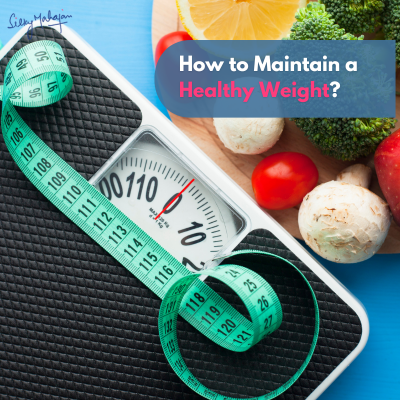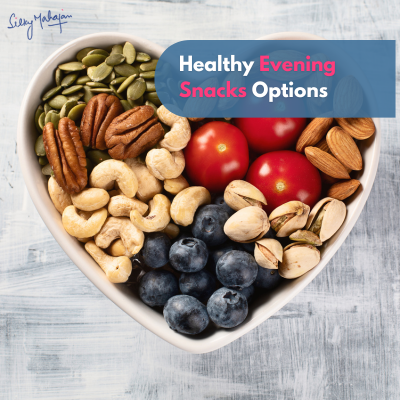When it comes to maintaining a healthy lifestyle, many people wonder if they need to consult a dietitian. The truth is, if your basics are right—meaning you’re following a balanced diet, avoiding junk food, and maintaining a healthy BMI (Body Mass Index)—you might not need to see a dietitian. However, there are specific situations where the expertise of a dietitian can be invaluable.
In this blog, we’ll explore when it’s necessary to seek professional nutrition advice and the benefits of doing so.
When to Consider Seeing a Dietitian
1. Personalized Nutrition Advice
Everyone’s nutritional needs are unique. While general dietary guidelines are helpful, they might not address your specific requirements. A dietitian can assess your individual health status, dietary habits, lifestyle, and even genetic predispositions to create a personalized nutrition plan.
Whether you’re aiming to optimize athletic performance, manage a specific health condition, or simply improve your overall well-being, a dietitian can tailor their advice to meet your goals.
2. Managing Medical Conditions
If you have a medical condition like diabetes, high cholesterol, hypertension, or digestive disorders, your diet plays a crucial role in managing these issues. A dietitian can offer specialized meal plans and provide guidance on what foods to include or avoid.
For instance, managing blood sugar levels through diet is critical for someone with diabetes, and a dietitian can help you navigate the complexities of dietary choices to maintain stable glucose levels.
3. Support for Weight Management
Weight management can be challenging, whether you’re trying to lose weight, gain muscle & weight, or maintain your current weight. A dietitian’s support can make a significant difference by helping you develop a sustainable eating plan that fits your lifestyle.
They can also provide accountability and ongoing motivation, ensuring that you stay on track with your goals.
4. Healthy Eating Education
Understanding nutrition labels, portion sizes, and how to build balanced meals can be overwhelming. A dietitian can educate you on these aspects, empowering you to make informed food choices. This knowledge is particularly useful if you’re trying to adopt healthier eating habits or need to navigate dietary restrictions, such as a gluten-free or vegan diet.
Benefits of Consulting a Dietitian
1. Expertise and Guidance
Dietitians are trained professionals with a deep understanding of nutrition science. They can provide evidence-based advice, helping you avoid fad diets and misconceptions that can harm your health. Their expertise can be particularly beneficial if you’re looking to make significant changes to your diet or have specific health concerns.
2. Long-Term Success
Working with a dietitian can lead to sustainable lifestyle changes. Rather than following short-term diets that may not be effective or healthy in the long run, a dietitian can help you develop habits that support long-term health and well-being. This approach not only improves your physical health but also enhances your relationship with food.
When You Might Not Need a Dietitian
If your diet is balanced, you’re maintaining a healthy weight, and you don’t have any specific health concerns, you might not need to see a dietitian. However, it’s still essential to stay informed about nutrition and make adjustments as needed.
Regularly reviewing your eating habits and making small, incremental changes can help you maintain your health without professional intervention.
Conclusion: The Value of Professional Advice
In summary, while not everyone may need to see a dietitian, there are specific situations where their expertise can be highly beneficial. Whether you need personalized nutrition advice, are managing a medical condition, want support for weight management, or need education on healthy eating habits, a dietitian can provide the guidance you need to achieve your health goals.
Remember, your health is an investment, and sometimes, seeking professional advice is the best way to ensure you’re making the right choices.
In case of any related query related to healthy nutrition or weight loss book an appointment with Dt. Silky Mahajan .You can also send us a mail at info@foodsandnutrition.in or call on 7829999400. Follow us on facebook & instagram for latest updates.











